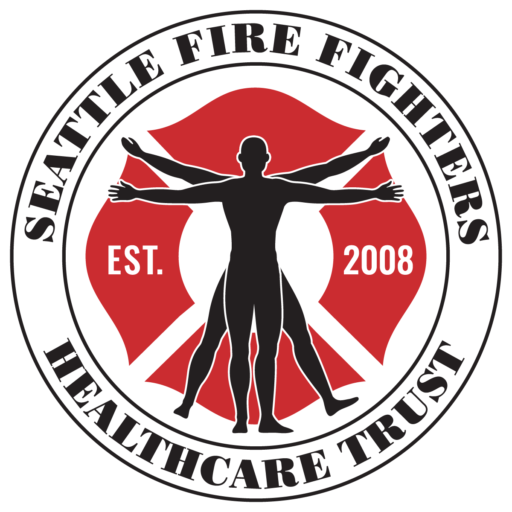Get Vigilant About Your Heart Health
Firefighting is an undeniably hazardous occupation. The dangers of running into burning buildings are obvious, but less well-known are the cardiovascular risks that come with the job. According to the International Association of Fire Fighters (IAFF), cardiovascular events like heart attacks accounted for approximately 17% of line-of-duty deaths between 2002 and 2020, making them a significant contributor to fire fighter fatalities. The risks start to add up when you consider the perfect storm of factors impacting firefighters’ heart health:
- Irregular eating patterns – The unpredictability of being on-call makes sticking to nutritious meals difficult. The high-calorie station house meals rich in fat, salt, and sugar become the default, often leading to obesity.
- Physical inactivity – The hours of downtime at the station make it tempting to remain sedentary outside of calls and drills. But maintaining cardiovascular fitness is a must.
- Smokeless tobacco usage – Over 15% of fire fighters use smokeless tobacco. Fire fighters are often unaware of the increase of cardiovascular risks associated with chewing tobacco.
- High rates of binge drinking – IAFF research shows 50% of firefighters engage in binge drinking, with an average daily alcohol intake of 3.5 drinks among drinkers.
- Sleep deprivation – Getting sufficient, high-quality sleep is a challenge on 24-hour shifts. But lack of sleep is closely tied to increased risk of coronary heart disease. Excessive alcohol consumption takes a major toll on the heart. Alcohol consumption also reduces sleep quality.
- High stress – The emotional demands of the job contribute to disproportionately high rates of depression (up to 27%) and PTSD (up to 22%) compared to the general population. Mental health impacts cardiovascular health.
The bottom line is that fire fighters need to be just as vigilant about their heart health as they are about their physical safety on the job. Here are some specific ways you can reduce your risk of cardiovascular events:
- Adopt a heart-healthy diet low in processed foods, salt, sugar, and unhealthy fat. Eat more vegetables, fruits, seeds and nuts and stick to moderate sized portions.
- Incorporate regular cardiovascular and strength training, and move more.
- Prioritize sleep when possible – aim for 7-9 hours per night.
- Reduce your alcohol consumption and avoid binge drinking.
- Quit tobacco usage, including smokeless products.
- Manage your stress proactively through social connection, counseling, and meditation.
- Get your annual physical, including cholesterol, blood pressure, and cardiac screening. Take control of your health and your healthcare.
By being mindful of our cardiovascular risks, we can hopefully reduce the disproportionate number of fire fighters lost prematurely to heart disease and events like heart attacks each year. It’s an investment in living out a long, healthy career of serving our communities, our fellow union members, and most importantly, our loved ones.

